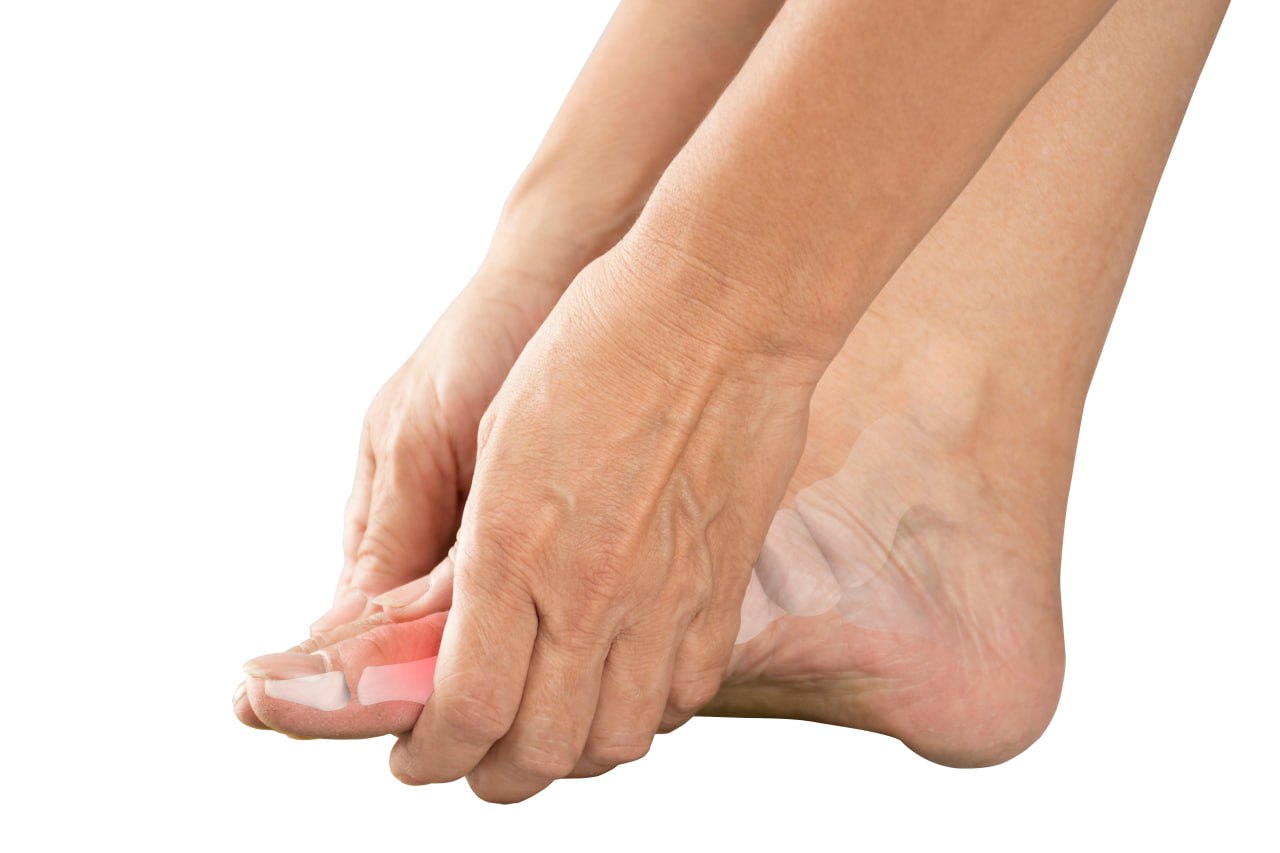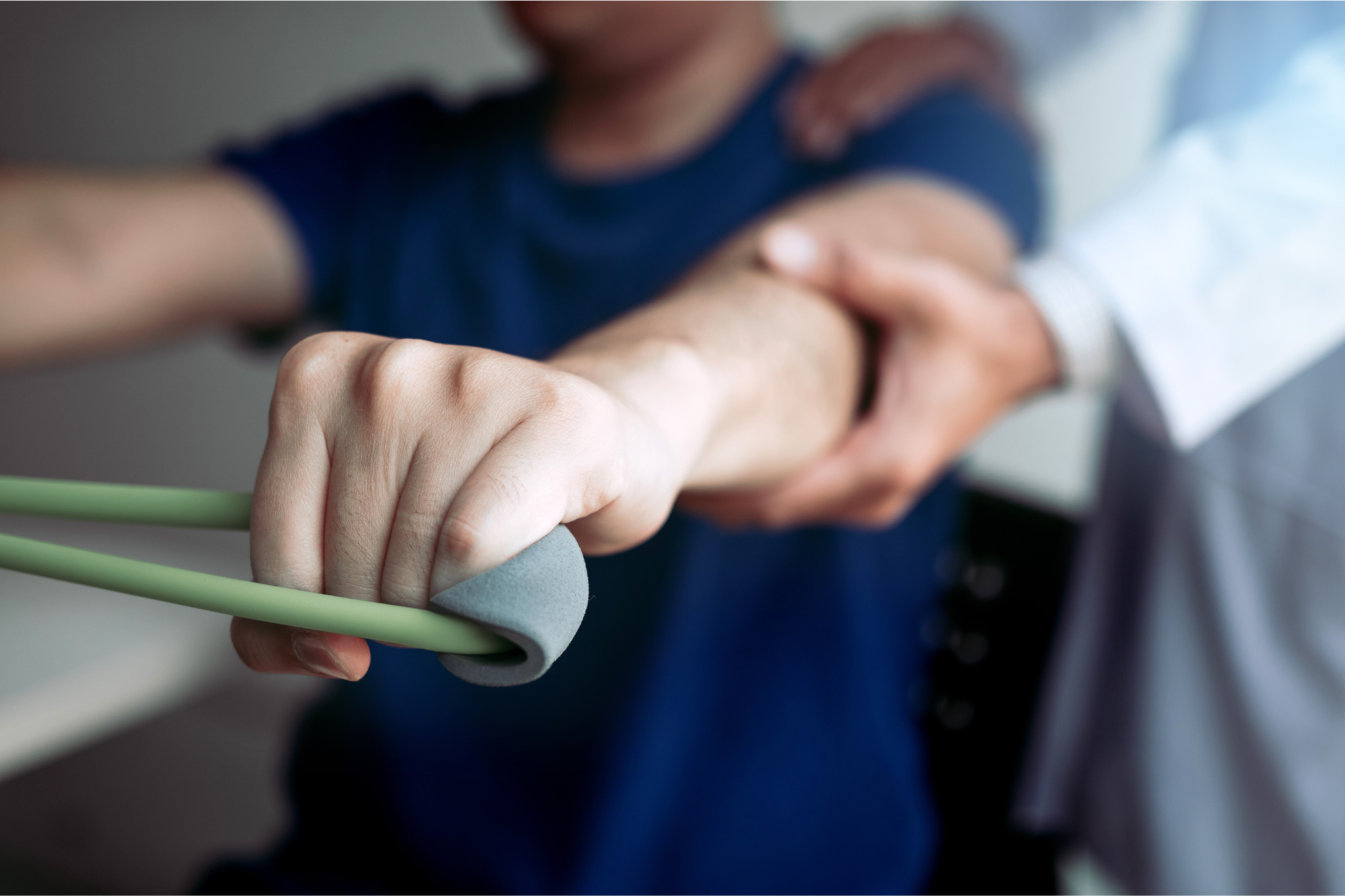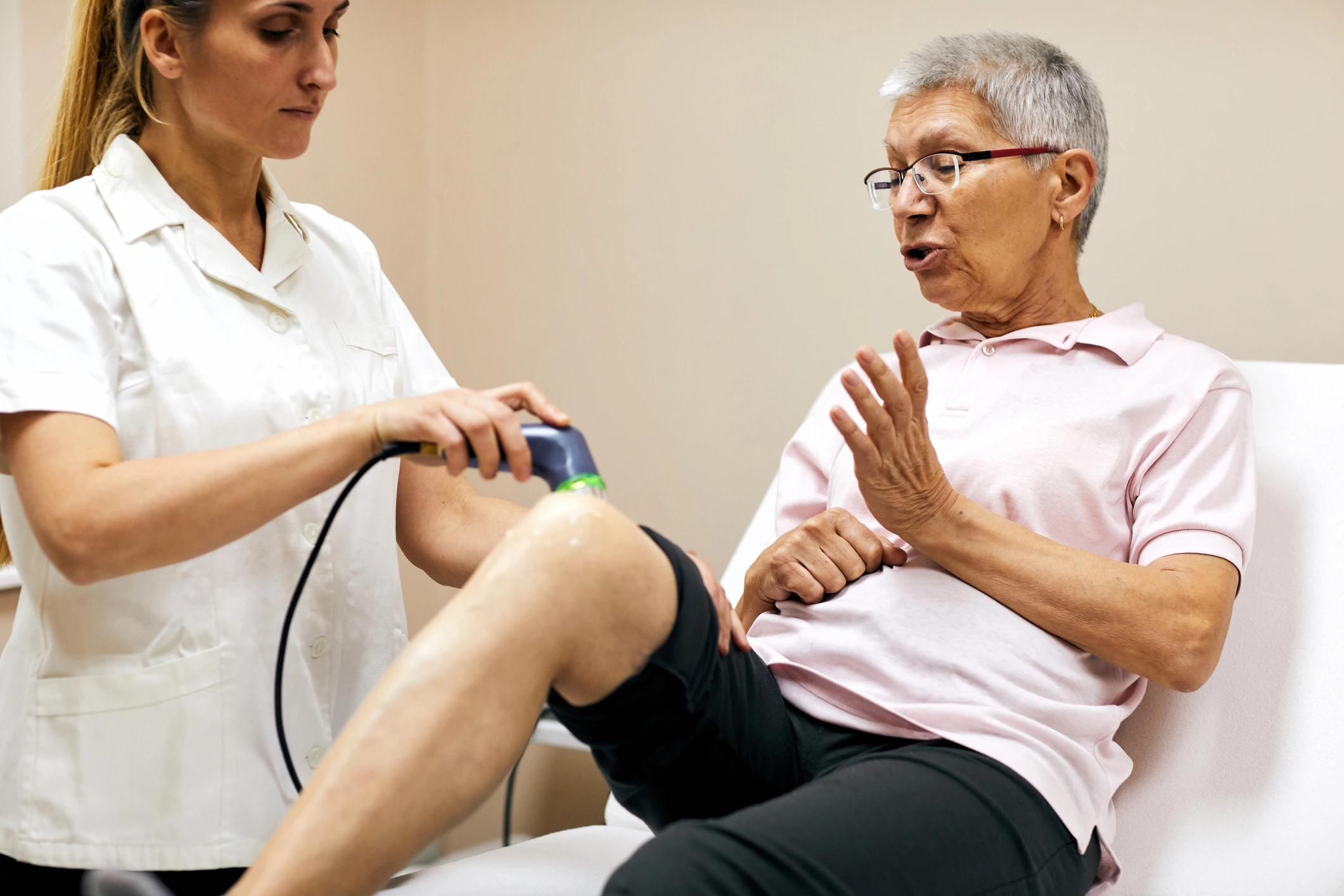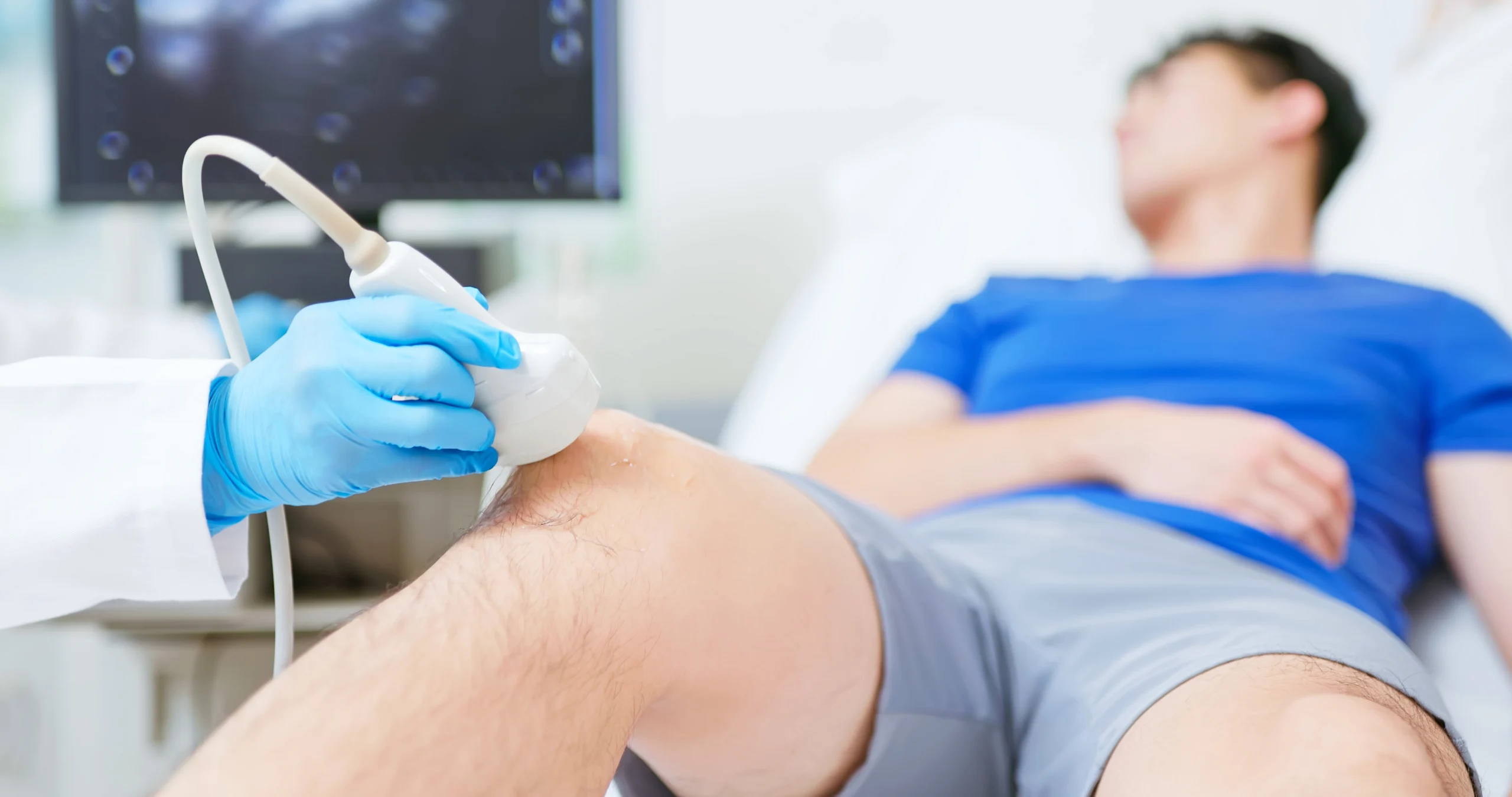Get Help For Gout Pain
Gout is a painful condition that causes severe joint inflammation and swelling, leading to chronic pain and mobility issues that can significantly impact your quality of life.
NextPain Care provides personalized solutions to manage gout pain, starting with minimally invasive treatments and offering advanced care options when necessary, all tailored to your needs.
Schedule Your Consultation!

What we do
Manage Joint Pain from Gout Effectively
Gout is a form of arthritis that causes severe pain, swelling, and tenderness in the joints, affecting over 8.3 million people in the U.S. The condition can be debilitating, making it difficult to move around, especially if it impacts your ankles, feet, and knees. Severe cases can also affect the joints in your wrists, elbows, and fingers, further limiting physical activities.
NextPain Care takes a comprehensive approach to managing gout pain, focusing on reducing discomfort and improving mobility. Our goal is to help you manage your condition and return to living life on your terms.
-
Chronic pain and increased joint damage
-
Decreased mobility and quality of life
-
Linear approach lacking tailored options
-
Reduced pain and inflammation
-
Improved mobility and function
-
Personalized care plans

How Can We Help You?
What Causes Gout And Its Painful Symptoms?
Gout results from uric acid buildup in the body, leading to painful crystals forming in the joints. Uric acid develops when your body breaks down purines, a substance found in many foods and drinks like organ meats, anchovies, and beer. Excess uric acid can cause crystals to form in the tissues around a joint, resulting in inflammation and intense pain.
However, high uric acid levels in your blood do not necessarily mean you’ll develop gout. Other risk factors include high blood pressure, obesity, genetic factors, certain medications, and chronic kidney diseases. Gout symptoms usually come on suddenly and can last for days or even weeks, often referred to as “flare-ups.”
These flare-ups can be incredibly debilitating, causing severe pain and limiting movement. Initially, the pain is typically felt in one joint (usually the foot, often starting in the big toe), but it can spread to other joints over time. Other symptoms include redness, swelling, and tenderness around the affected area. Repeated gout attacks can cause joint damage over time, resulting in chronic pain.
Start Today





